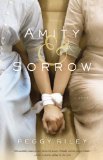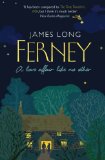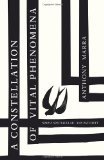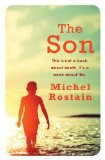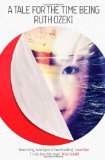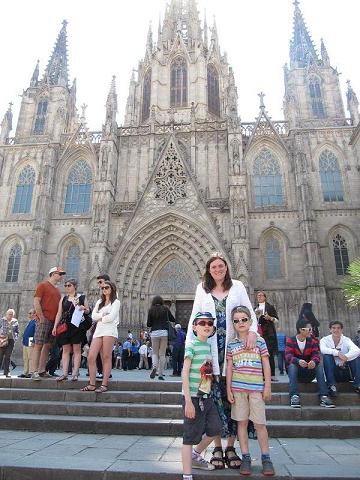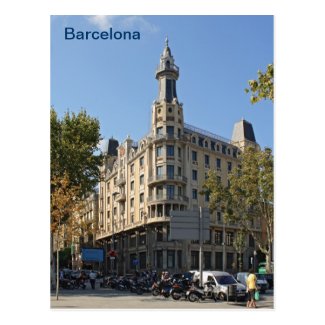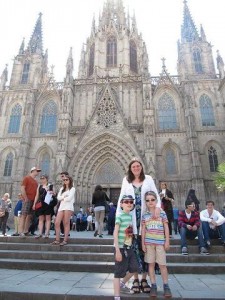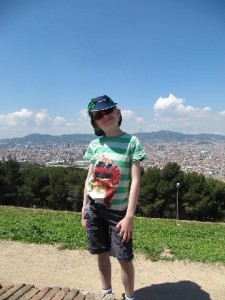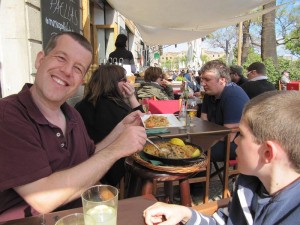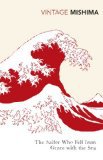 Translated from the Japanese by John Nathan
Translated from the Japanese by John Nathan
Five words from the blurb: savage, boys, mother, affair, sailor
Yukio Mishima is an important Japanese author; infamous for committing seppuku (ritual suicide) at the age of forty-five. He was born into a samurai family and is renowned for having complete control over both his mind and body. I was keen to see this power and try one of his books for the first time.
The Sailor Who Fell from Grace with the Sea was first published in 1963 and concentrates on a group of thirteen-year-old boys who commit a range of savage acts. Noboru is one of this gang. He lives with his widowed mother, but everything changes when she begins to have an affair with a ship’s officer and he observes their sexual relationship through a hole in his bedroom wall.
I was gripped throughout and completed this short book in a single day. The writing was excellent and the descriptions were particularly evocative:
He never cried, not even in his dreams, for hard-heartedness was a point of pride. A large iron anchor withstanding the corrosion of the sea and scornful of the barnacles and oysters that harass the hulls of ships, sinking polished and indifferent through heaps of broken glass, toothless combs, bottle caps, and prophylactics into the mud at habor bottom – that was how he liked to imagine his heart.
Readers of a sensitive nature should be warned that some of the scenes in this book, especially one involving the murder of a kitten, were graphic and disturbing. These scenes had more impact because they were sandwiched between gentle ones observing nature and the sea.
My only problem with this book was that I didn’t see the point of it. The reader wasn’t given enough background information to understand why this group of boys became so violent. Without knowing (and so being able to sympathise with) their motivations the book lacked that extra power. This was compounded by the faceless nature of the gang – it was impossible to bond with characters known only as “Boy 2” and “Boy 3”.
This was a compelling read, but overall I wouldn’t recommend it. Perhaps those who enjoy short stories would have more luck with it?

.
The thoughts of other bloggers:
…a genuinely perverse book, and worth reading because of the insight it gives into a mindset that is alien to most of us. Asylum
I didn’t really enjoy this book. WinstonsDad’s Blog
…it has a really powerful ending and it’s one I would definitely recommend. Dead Saukko

